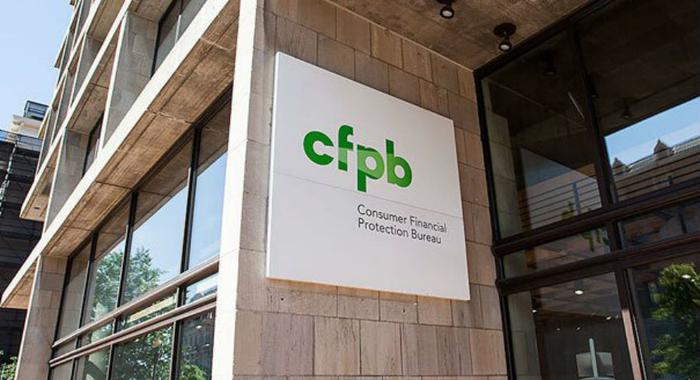
This article appeared originally on CUCollaborate
Some colleges and universities are roping students into opening credit union or bank accounts that have unreasonable fees and penalties, the CFPB said, in a report released late last week.
And in some cases, those colleges and universities are failing to disclose that they are paid by the financial institutions for convincing students to open accounts, the bureau said.
“While colleges have substantial bargaining power to obtain superior terms and pricing for their students, we find that many college-sponsored financial products cost students more than accounts that are readily available on the open market,” CFPB Director Rohit Chopra said, in releasing the report.
He added, “Today’s report suggests that there is more work to do to ensure that students are not steered into school-endorsed products with junk fees.”
Background
The CFPB is required by federal law to issue an annual report on the arrangements that postsecondary institutions have with banks and credit unions.
Much to the chagrin of credit union and bank trade groups, Chopra has attacked the financial services industry for charging so-called “junk fees.” Those penalties include large delinquency and overdraft fees.
The CFPB said that there are two types of student accounts—one type delivers any financial aid the student may receive to pay education expenses. The student also may make deposits into that account and spend the money on non-education expenses. The other type of account is one simply marketed by a financial institution and the college or university.
Colleges and universities “can play a critical role in supporting and promoting students’ financial health, particularly when shopping for financial products like credit cards or deposit and prepaid accounts for the first time,” the report stated. “However, colleges can also have separate financial interests that conflict with those of their students.”
What exactly did the report find?
In its examination of the higher education-financial institution arrangements, the CFPB found that:
–The accounts often are more costly to students than others that are available on the market. “Students are subject to direct marketing efforts that promote accounts that impose more costs than comparable accounts—even comparable accounts offered by the same financial services provider,” the bureau said.
–Some accounts do not appear to follow Department of Education rules that prohibit colleges and universities from coercing students into receiving their financial assistance through an account marketed by the school. In some cases, the CFPB reported, students were told that their financial aid payments might not be as timely if they did not select a college-sponsored account.
–Many agreements between financial institutions and colleges do not appear to be posted as prominently as required. Schools are required to post on their websites the arrangements they have with banks and credit unions, any compensation they receive, and the average costs paid by students.
Response to the report
At the same time the CFPB report was issued, the Department of Education pledged to enhance enforcement of its rules governing such arrangements.
One consumer group said that the CFPB report confirms what it has reported for many years.
“We’ve studied campus banking relationships for decades,” said Ed Mierzwinski, senior director of U.S. PIRG’s Federal Consumer Program. “The findings of the latest CFPB report and the concurrent actions by the Department of Education are stark warnings that student consumers still face problematic practices that could hit them in the pocketbook.”































































